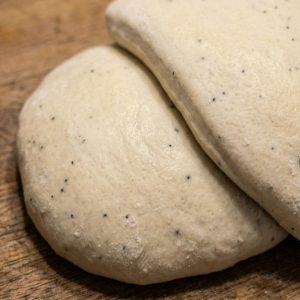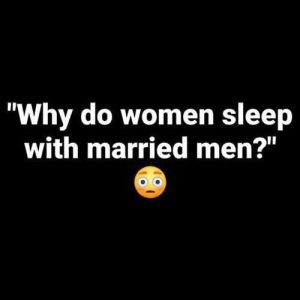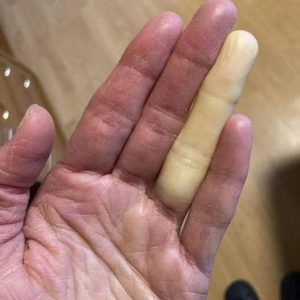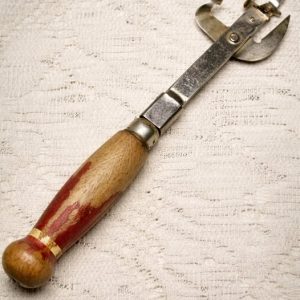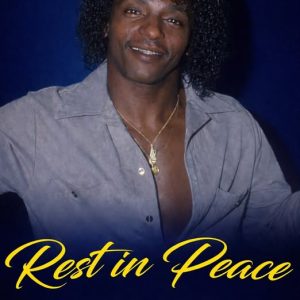Hugh Laurie, best known for his role as the brilliant but emotionally troubled Dr. Gregory House, has achieved a level of fame and financial success few actors ever reach — earning an extraordinary $700,000 per episode in the final season of House. Yet despite this acclaim, Laurie admits he carries a persistent sense of guilt. His unease stems from the belief that he became a “fraud” by portraying a doctor onscreen rather than pursuing medicine in real life, a path his late father once hoped he would follow. The pressure of that expectation, combined with the awareness that his fortune was built on fiction rather than the tangible impact of medical care, has led Laurie to question whether he somehow betrayed the legacy of a man he deeply admired.
Born in June 1959, Hugh Laurie grew up under the shadow and inspiration of his father, Dr. William “Ran” Laurie — an Olympic gold medalist, decorated war hero, and respected Cambridge physician. Ran Laurie embodied discipline, excellence, and service, and Hugh was raised with the quiet but constant assumption that he would follow in similar footsteps. He attended the same college at Cambridge, joined the rowing team as his father did decades earlier, and even planned to train for the Olympics before transitioning into medical school. But that path was interrupted when Hugh stumbled upon the Cambridge Footlights, an iconic comedy troupe. There, he met Emma Thompson and Stephen Fry, two people who would become lifelong collaborators and catalysts for his unexpected shift from medicine to performance. Suddenly, what had once seemed like destiny transformed into a life of comedy sketches, stage performances, and screen roles.
Throughout the 1980s and ’90s, Laurie rose steadily within British entertainment. He and Stephen Fry became beloved comedy partners in shows like Blackadder and A Bit of Fry and Laurie, while Laurie’s appearances in films like Sense and Sensibility (alongside Thompson) and 101 Dalmatians expanded his international reach. Hollywood eventually took notice, but nothing compared to the seismic shift that came in 2004, when Laurie landed the role of Dr. House — a sardonic medical genius whose brilliance was rivaled only by his emotional scars. The show became a global phenomenon, earning Laurie two Golden Globe Awards and turning him into the world’s most recognizable fictional doctor. Ironically, the role that launched him to superstardom also deepened the sense of guilt he felt about his abandoned medical ambitions.
Behind the scenes, Laurie struggled with the pressures of the show. The grueling filming schedule, the emotional heaviness of his character, and his own internal conflict led to periods of depression and exhaustion. In a 2013 interview, he admitted that there were mornings when he secretly wished for a small accident — not enough to harm him, but enough to excuse him from work for a few days. His perfectionism, drive, and sense of responsibility pushed him forward, but the cost was substantial. When House ended in 2012, Laurie finally stepped back from the demanding routine, yet found himself once again attracted to roles rooted in medicine. In 2016, he starred in Chance as Dr. Eldon Chance, a neuropsychiatrist. Though the character differed greatly from Dr. House, the symbolism was striking: Laurie had been pulled back into the world he never entered in reality, as if still circling his father’s dream from the edges.
Even after decades of success, Laurie remains candid about the guilt he feels regarding his father’s unfulfilled expectations. Dr. Ran Laurie passed away in 1998 after a battle with Parkinson’s disease, long before witnessing his son’s transformation into one of television’s most celebrated actors. Hugh often wonders how his father would have felt watching him portray a doctor instead of becoming one. He has described himself as a “cop out” and a “shortcut taker,” believing that playing a doctor is a pale imitation of the real service his father provided. Despite the admiration he receives worldwide, the applause, awards, and financial rewards have never erased the small, persistent voice reminding him of the profession he walked away from. Yet many fans argue that Hugh Laurie honored his father in a different way — not by practicing medicine, but by portraying a character who inspired real-life medical students, comforted patients, and shaped public perception of the medical field.
